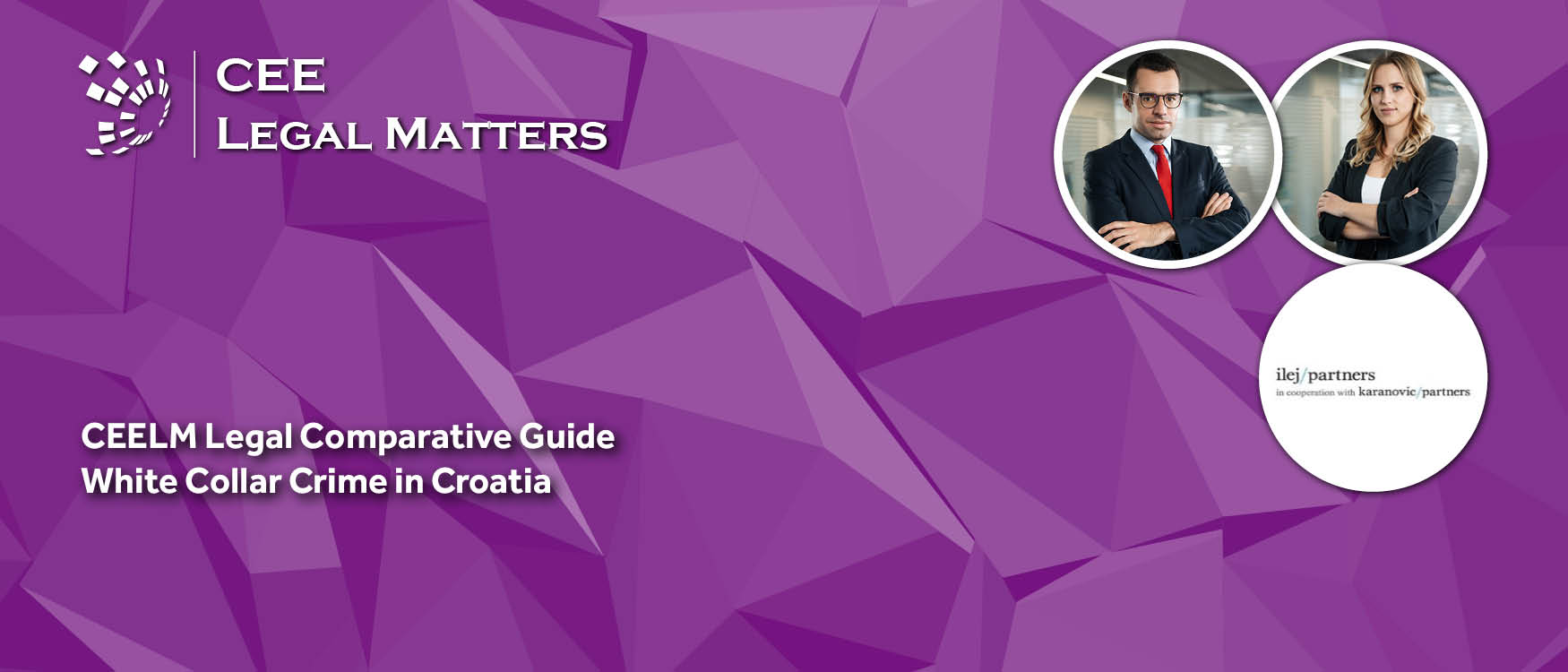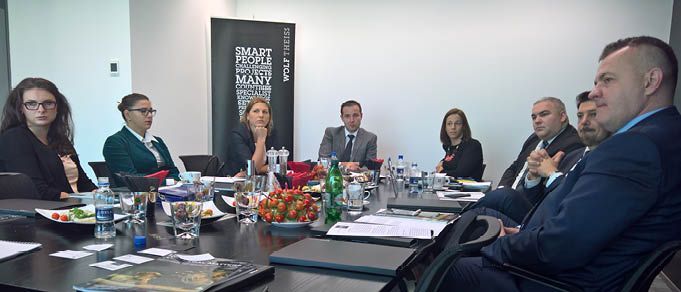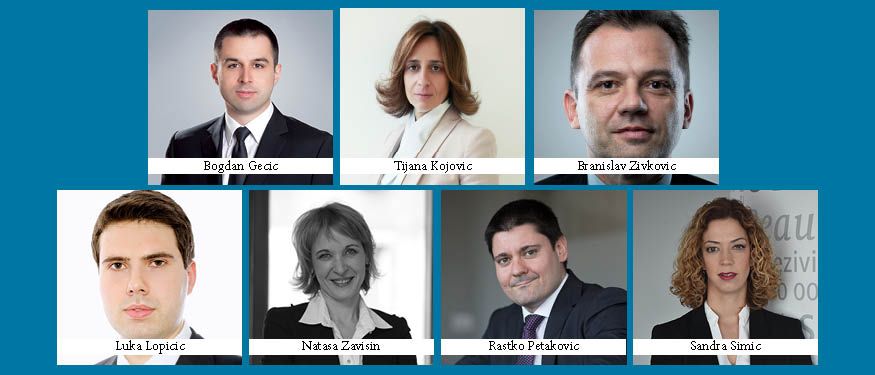The Public Enterprise for Railway Infrastructure Railways of the Republic of North Macedonia – Skopje has published a contract notice for project implementation support and safeguard services for the construction of a new railway section from Kriva Palanka to the border with the Republic of Bulgaria (“Project”). The 24 km section is the last part – the third phase of the railway Corridor VIII to the Republic of Bulgaria.
Last Call for Registration to E-Government Services
In accordance with the 2021 amendments to the Law on Companies, delivery of electronic documents to Serbian companies shall be performed to the registered mail on the e-government portal (eUprava).
Capital Markets in Serbia
Contributed by Karanovic & Partners.
White Collar Crime Laws and Regulations in Croatia
Contributed by Ilej & Partners in cooperation with Karanovic & Partners.
An Unusual Year in Review: Our Annual Expert Round Table
On December 15, 2020 CEELM gathered legal experts from across the region for its annual Year-in-Review Round Table conversation. In a wide-ranging discussion, participants shared opinions and perspectives on their markets, on strong (and less-strong) practices across the region, and the effect of the COVID-19 crisis on both, as well as on how technology is changing the legal industry, and what the industry will look like in 2021.
Capital Markets in Bosnia & Herzegovina
Contributed by Karanovic & Partners.
Capital Markets in Montenegro
Contributed by Karanovic & Partners.
Capital Markets in Serbia
Contributed by Karanovic & Partners.
Round Table: Belgrade Reveling in the Spotlight
On January 30, 2018, a select group of prominent Serbian lawyers gathered at the Prica & Partners law firm in Belgrade for a CEE Legal Matters Round Table to discuss the current economic conditions in Serbia and the country’s legal services sector.
Bosnian Round Table: A Complicated Situation
On the morning of October 2, 2017, representatives from many of the leading law firms in Bosnia – and two senior in-house counsel – gathered in the Sarajevo offices of Wolf Theiss Bosnia & Herzegovina to discuss the state of the legal market in their uniquely structured country.
Market Makers
The commercial legal markets of Central & Eastern Europe didn’t appear automatically. They didn’t develop in a vacuum. They were formed, shaped, and led, by lawyers – visionary, hard-working, commercially-minded, and client-focused individuals pulling the development of CEE’s legal markets along behind them as they labored relentlessly for their clients, their careers, their futures.
Expert Summit Round Table: Considering an Inconsistent and Threatened Recovery in CEE Legal Markets
On the evening of December 8, 2016, at the Hotel Bristol in Warsaw, CEE Legal Matters hosted the 2016 Expert Summit – our annual gathering of experts from across the region to discuss the state of affairs in CEE Legal Markets.
Belgrade and Beyond: Top Legal Experts Gather for Serbian Round Table
The Serbian Market
There was some disagreement about the state of the Serbian economy, perhaps based on the report by Tijana Kojovic, Managing Partner of BDK Advokati, that, in Serbia, “it is risky to make economic projections” since the market is not always fully transparent and, as a result, it is not always easy to see trends developing.
Meeting of Minds: The 2015 CEE Legal Matters Expert Summit
On the evening of December 10, 2015, experts from law firms across the region gathered in Prague for an exclusive and select invitation-only Round Table conversation on business and political realities across CEE, the changing nature of CEE legal markets and increased visibility of regional law firms, and much more.














